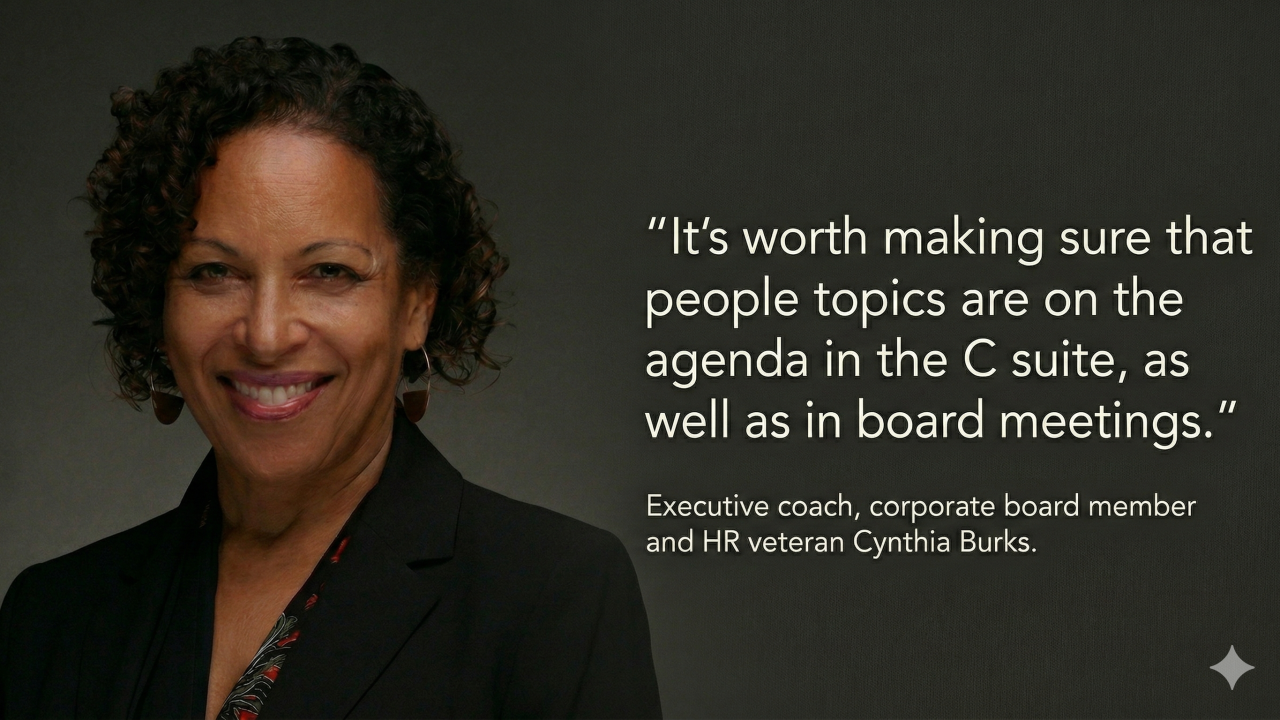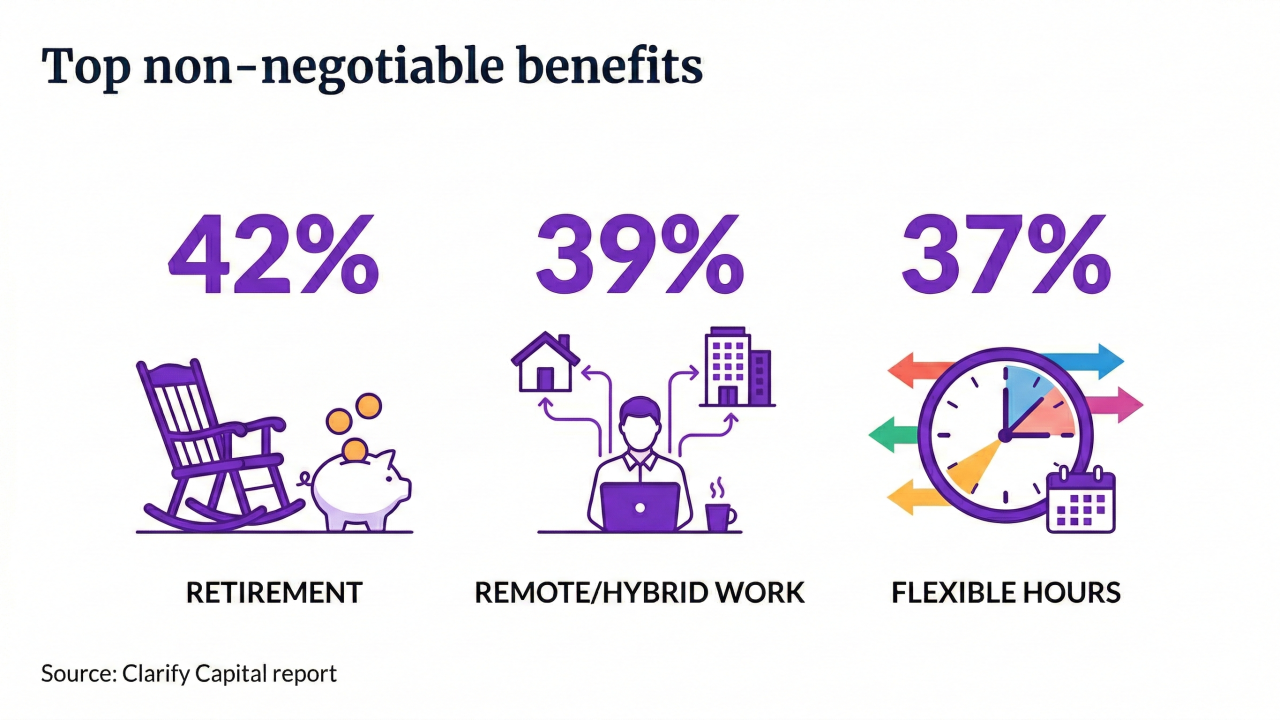- Key insight: Discover how employer-funded emergency savings reduce 401(k) loan dependence and improve retention.
- What's at stake: Employee financial stress risks turnover, 401(k) depletion, and operational disruption.
- Expert quote: Employer contributions create saving habits employees carry beyond the job — Hope Cupit, SERCAP.
Source: Bullets generated by AI with editorial review
For Hope Cupit, president and CEO of low-income assistance nonprofit SERCAP,
SERCAP, which helps low-income individuals and rural communities become more self-sustainable by improving vital areas like water, housing and finances, is already focused on improving the safety and
When Cupit realized members of her staff were falling into the economic trap of taking loans out against their 401(k)s to pay for short-term expenses, she took action to reverse the trend by capping these loans at two per period, and partnered with Sunny Day to help them establish separate savings. About half of the organization's 72 employees now participate.
"We give them $25 as a sign-on bonus, and then every quarter we give them a 10% interest on top of what they save, with a maximum of $1,000 a year," Cupit says. "The benefit from Sunny Day has been very well received, and we have new people signing up for it quarterly. Now we're not seeing anyone asking for money out of their 401(k)."
Read more:
The platform allows employers to determine whether and how much they would like to contribute to employees' emergency savings accounts (ESAs), and offers a top-tier interest rate, helping employees maximize their financial efforts. Employees can quickly gain access to their funds, as well as educational resources, through the Sunny Day app.
Cupit discusses how her employees are using Sunny Day and the important role employers can play in financial education and wellness.
What kind of feedback have you received about Sunny Day from employees?
I've only heard good reviews from our staff, and they appreciated and thanked us for doing this for them. We have had some folks who say, 'The interest rate now is 3%, and I can go somewhere else and get a higher interest rate.' Yes, you can get a higher interest rate, but you're not going to get the $1,000 on top of that. So why don't you put at least that in here, so that we reward you for the money that you have in the bank account. Then, you have whatever interest you would earn from the bank on top of what we give.
Is there any cost to employees?
There is no cost to them [for the benefit]. When you withdraw money, the cost is $0.05. Even with that it's not bad, because if they go to the ATM, they're paying anywhere from $3.50 to $6 just to get their money out.
Read more:
What kind of financial education do you offer employees on top of this benefit?
We offer budgeting workshops and financial literacy. In a recent 401(k) check, we showed them examples of when people take money out of their account and when people keep their money in their account. Our 401(k) adviser let them know about the cost they would lose when they take the money out, and that was an eye opener for them, because they didn't see it that way until he showed it. He said, 'Hey, if you don't touch this, you can have this much, but if you keep taking money out, your assets will grow at a slower pace,' and showed the gap between the two.
Why is education such an important part of people's overall financial wellness?
When people are given the tools and taught how to get in the habit of saving, it will become second nature. If it comes out your check before you get your check, and you prepare your budget without that in there, you can manage your finances better. We want to create good habits that they can take anywhere with them, even if they're no longer employed here.
Read more:
How does this kind of investment in your employees help your organization?
We don't have a high turnover, and we hear all the time from the staff saying they appreciate how we care about them, and that's one of the reasons why they stick around. By offering this additional benefit, it shows them that we want to see them succeed and not be stressed about money.
What advice do you have for other employers about offering an ESA?
Some companies may say that's not a benefit we're not going to do because it's just going to run our cost up. Who's helping you to keep your business running? Your employees. You have to invest in your employees, and that's not a huge cost when you look at the help [and] peace of mind this brings for them.






